Turkey: Europe’s new gas hub?
The Ukraine crisis has sent the EU scrambling for new gas supplies, generating fresh interest in gas pipelines from Central Asia and West Asia via Turkey. Practical difficulties make most of these new projects unviable.
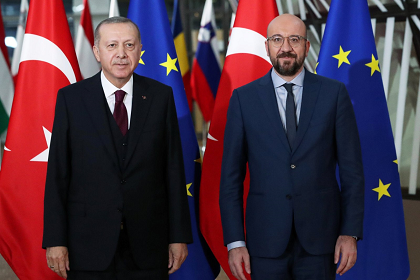 Courtesy: Reuters
Courtesy: Reuters
The Ukraine crisis has sent the EU scrambling for new gas supplies, generating fresh interest in gas pipelines from Central Asia and West Asia via Turkey. Practical difficulties make most of these new projects unviable.
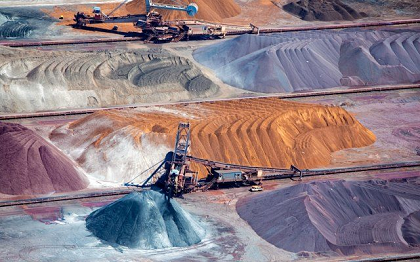 Courtesy: Small Caps
Courtesy: Small Caps
The supply of critical minerals, crucial for new and emerging technologies such as electric vehicles, electronics and renewable energy production, faces a significant disruption due to Covid and the Ukraine crisis. As the prices of these valuable resources surge, India can secure its supplies through the sagacious use of financial investments, efficient policies, and propriety technology. A collaboration with Japan can offer multifaceted benefits.
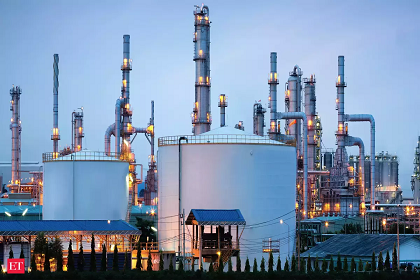 Courtesy: Economic Times
Courtesy: Economic Times
The warning signs were visible long before the Ukraine conflict. Years of insufficient investment into oil and gas production resulted in high price, and shortages. With investors keeping away from traditional fuels, the conflict in Ukraine precipitated the inevitable. Energy-dependent India must now insulate its supply chains.
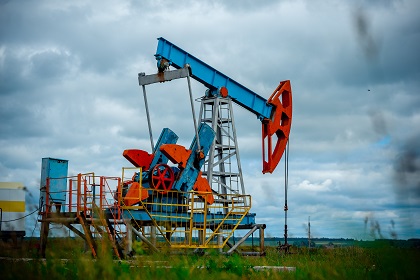 Courtesy: Shutterstock
Courtesy: Shutterstock
Renewable energy is trendy, but still unreliable at this early stage. Countries will find it necessary to fall back on traditional energy sources like coal and oil for their needs, and this can lead to energy price spikes. To protect itself from this scenario, now is the time for energy-dependent India to set up a wealth fund that invests in listed oil companies around the world, to reduce the risk of energy insecurity.
 Courtesy: Shutterstock
Courtesy: Shutterstock
Since August 2021, Western Europe has faced a problem with renewable energy, causing it to turn to natural gas as an emergency alternative. This has led to a significant increase in gas prices and has serious implications for fertiliser and food prices. If this trend continues, it will be likely to cause food insecurity especially in poorer nations which do not have the monetary cushion of the West.
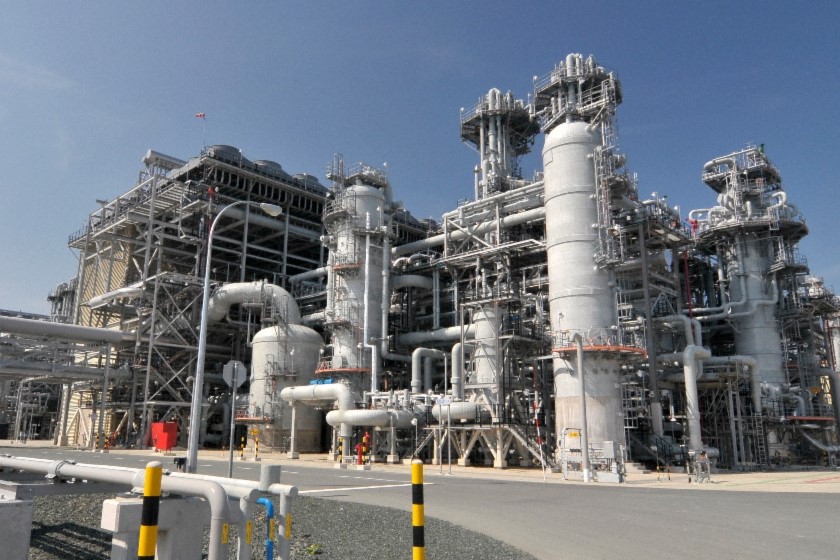 Courtesy: Gazprom
Courtesy: Gazprom
India and Russia are natural partners for energy collaboration. India imports 85% of its oil while Russia is one of the largest exporters. An expanded bilateral investment strategy, especially in liquefied natural gas can help Russia access new markets and India meet its energy requirements. This mutually beneficial collaboration can re-affirm trust between the two countries, amidst complex geopolitical realities.
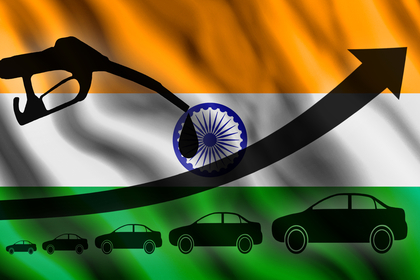 Courtesy: Shutterstock
Courtesy: Shutterstock
India’s oil consumption and imports are likely to resume their upward trajectory as the economy opens up, after a temporary drop due to the pandemic. To secure its energy needs, the country should shift course from investing in oil and gas assets of emerging economies to those of developed nations. The oil-rich Organisation for Economic Co-operation and Development (OECD) countries, such as Canada, Norway, and the U.S. can be given special consideration.
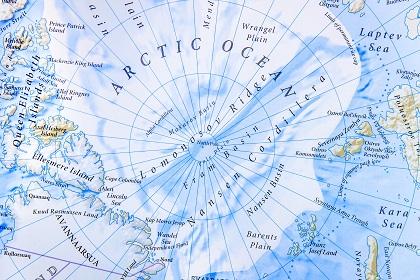 Courtesy: Arctic Council Flickr
Courtesy: Arctic Council Flickr
India has had big successes during its first stint as an observer in the Arctic Council. Since then, the country has made substantial progress in its climate action pledges and developed comprehensive strategies to mitigate climate change. With its re-election, India can now offer much more to the global organisation's role in promoting environmental stability in the polar region.
 Courtesy: Shutterstock
Courtesy: Shutterstock
The Coronavirus pandemic has caused crude oil prices to crash almost 40% even as Saudi Arabia and Russia pump more oil into the market. Fears are rife that this crisis will hit demand. There are repercussions on the U.S., the world’s top oil producer, on India, one of its new clients, and on the Gulf Cooperation Council countries
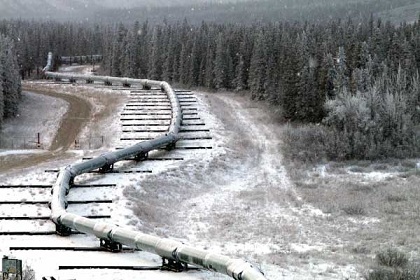 Courtesy: eGov Magazine
Courtesy: eGov Magazine
India and Russia need to invest more in each other’s energy sectors. This will help both countries to secure their energy markets, while protecting India against high energy prices and enabling Russia to hedge against low energy prices. Such investments also can help both countries bypass sanctions on key military hardware suppliers based in Russia.